On 18 December 2024, a remarkable ceremony took place in Irpin, bringing together representatives of local authorities, international organisations, and civil society. The event served a dual purpose: to honour the victims of the tragedies that occurred in Hostomel, Bucha, and Irpin, and to summarise the humanitarian efforts undertaken in 2024.
The first part of the ceremony was dedicated to the memory of innocent victims – children, the elderly, and all residents of these towns who lost their lives during the brutal acts of war. Symbolic wreaths were laid at memorial sites, and participants paid their respects with a moment of silence.
The Mayor of Irpin, Oleksandr Hryhorovych Makushyn, in his address, emphasised that the tragedies of Bucha, Hostomel, and Irpin will forever stand as a testament to the cruelty of war, but also to the resilience and indomitable spirit of the Ukrainian people.
The second part of the event provided an opportunity to reflect on the work of international and local organisations in the fields of humanitarian aid and infrastructure reconstruction.
Roman Kasadzhyk, High Commissioner in Ukraine Head of the IHRC Office in Ukraine, played a prominent role in the event. He expressed profound respect for the victims and gratitude to everyone involved in humanitarian efforts. It was highlighted that humanitarian aid is not just about rebuilding homes and schools but, above all, about restoring hope. International Human Rights Commission -IHRC plays a pivotal role in supporting communities affected by tragedy.
The significance of international cooperation and the role of donors and investors, whose contributions enabled the reconstruction of towns such as Irpin, Bucha, and Hostomel, were underscored. The need for continued support for communities affected by the conflict was stressed, with calls for ongoing international engagement.
The event featured speeches by the Mayor of Irpin, Oleksandr Hryhorovych Makushyn; Ashot Dadikovych Avanesyan, Chairperson of the Council of National Communities of Ukraine; Rovshan Tagiyev, Chairperson of the Assembly of Nationalities; Vasyl Hryhorovych Kelioglo, Chairperson of the Gagauz Union of Ukraine; and Oleksandr Serhiyovych Osipov, Representative of the Ombudsman for Nationalities.
The participants expressed a shared commitment to continuing dialogue and actions towards rebuilding the towns and safeguarding human rights in the face of new challenges brought by war.
During the ceremony, the organisers extended special thanks to donors and investors whose financial support made key reconstruction projects possible. The role of organisations like the IHRC in mobilising the international community to act in support of Ukraine was also emphasised.
The event in Irpin was not only an occasion to commemorate the victims but also an opportunity to highlight the importance of joint efforts in rebuilding and supporting communities affected by tragedy. Thanks to the dedication of international organisations such as the IHRC and the backing of local and international communities, Irpin, Bucha, and Hostomel stand as symbols of hope, solidarity, and resilience.

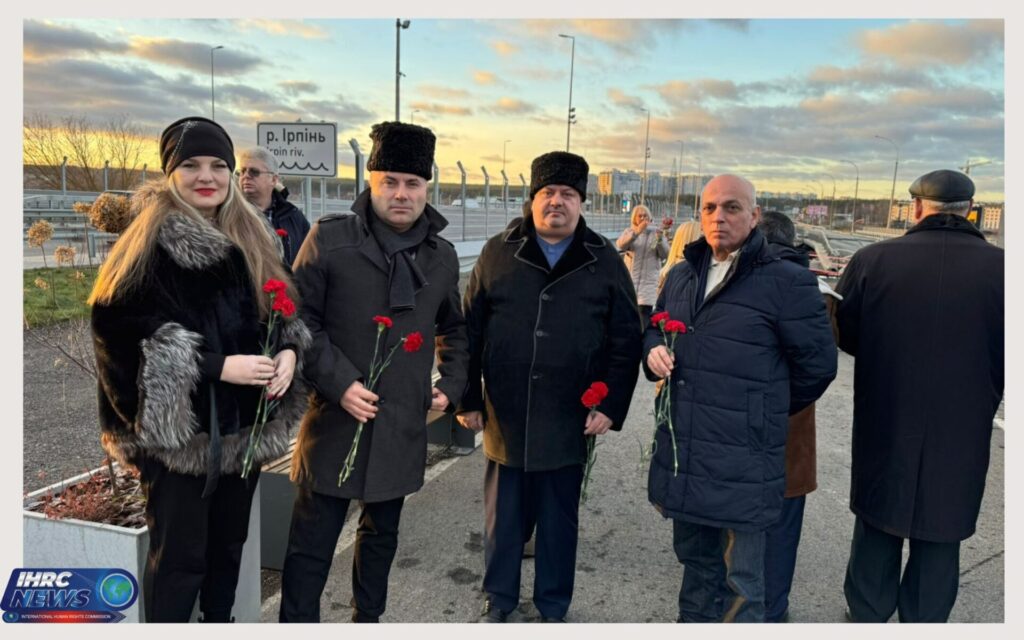
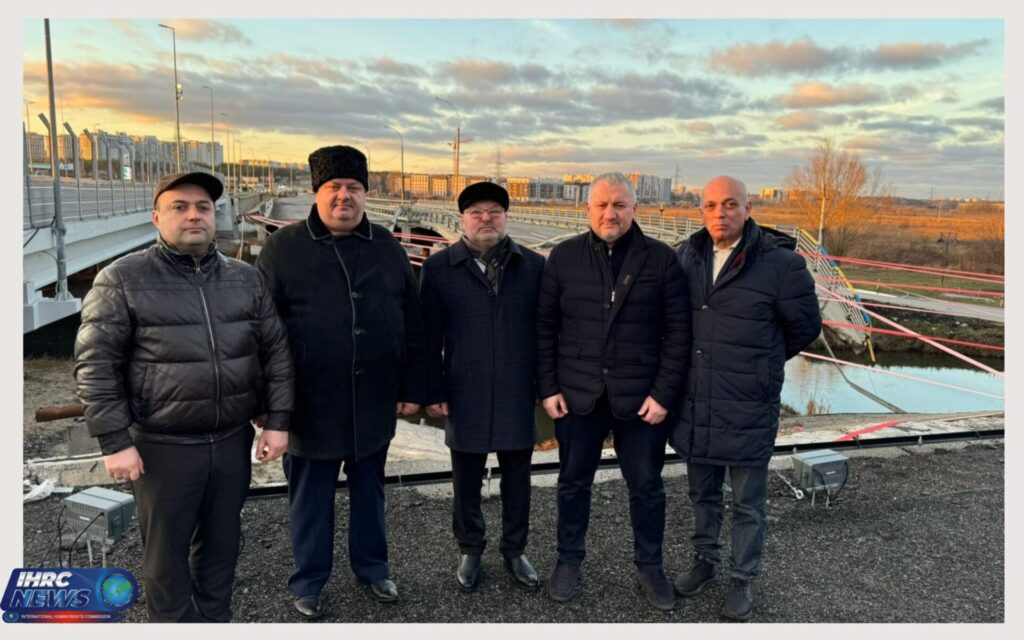


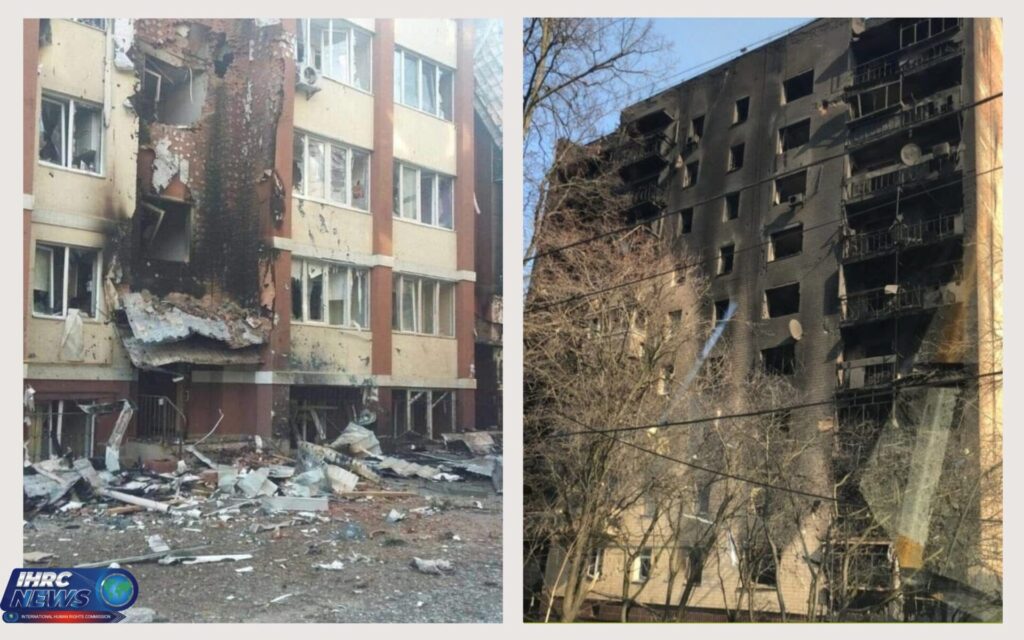
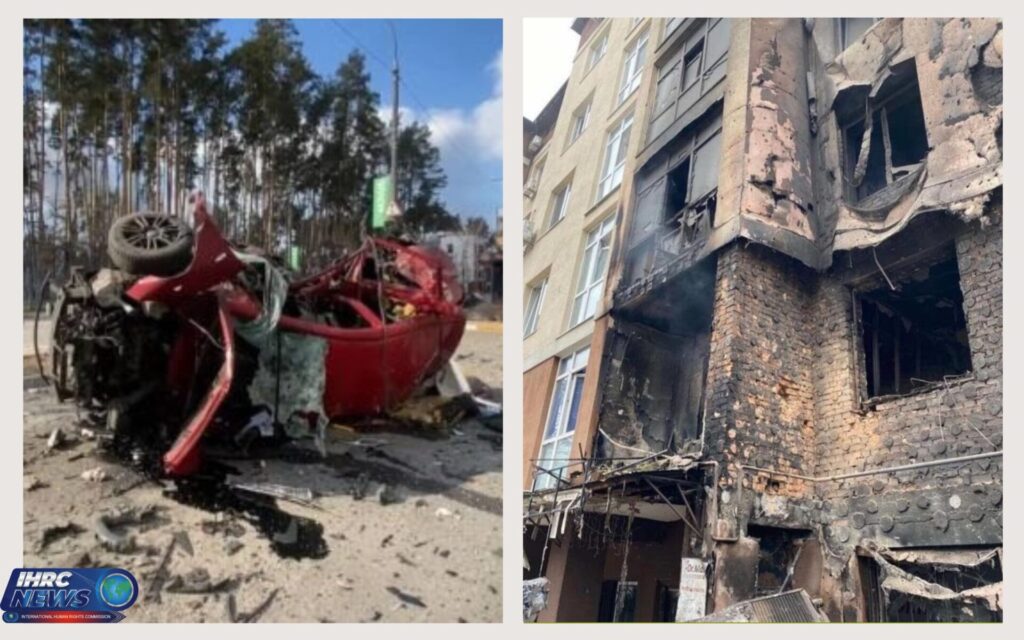
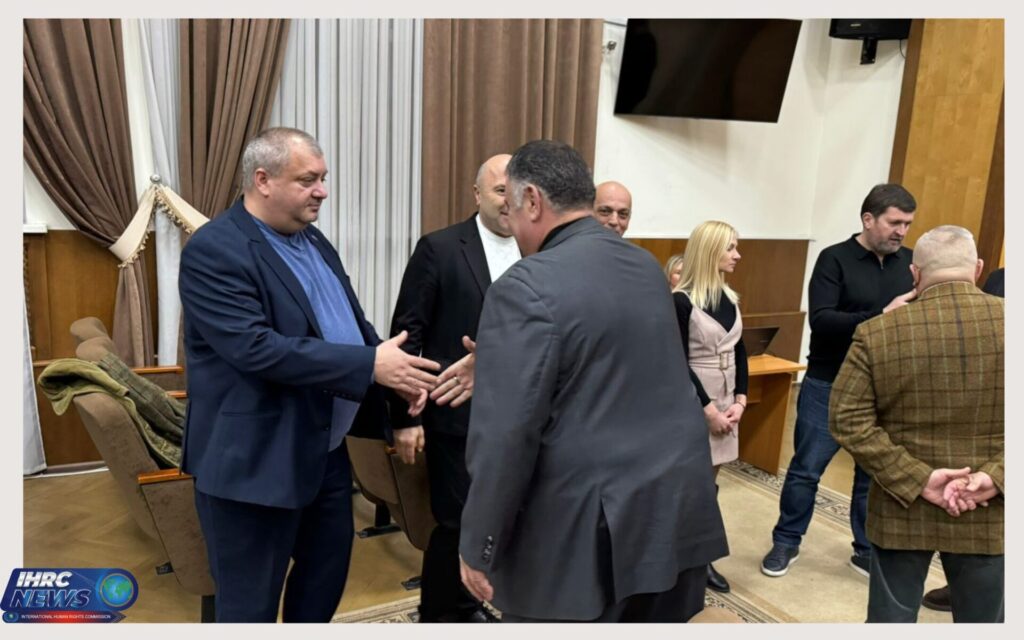
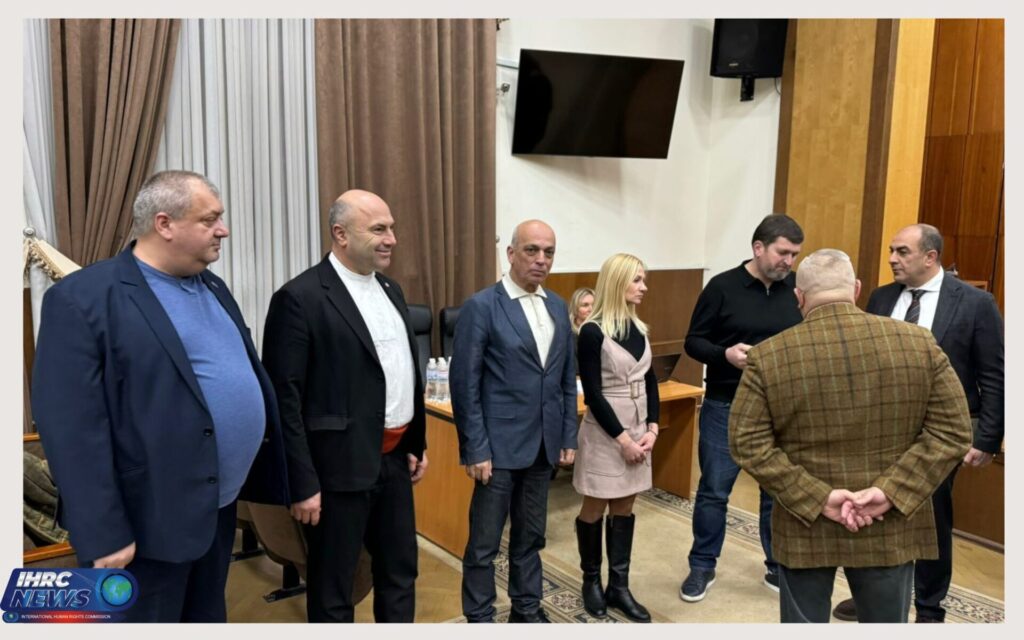

Reported:
Prof. h.c. Rafal Marcin Wasik
IHRC Secretary General

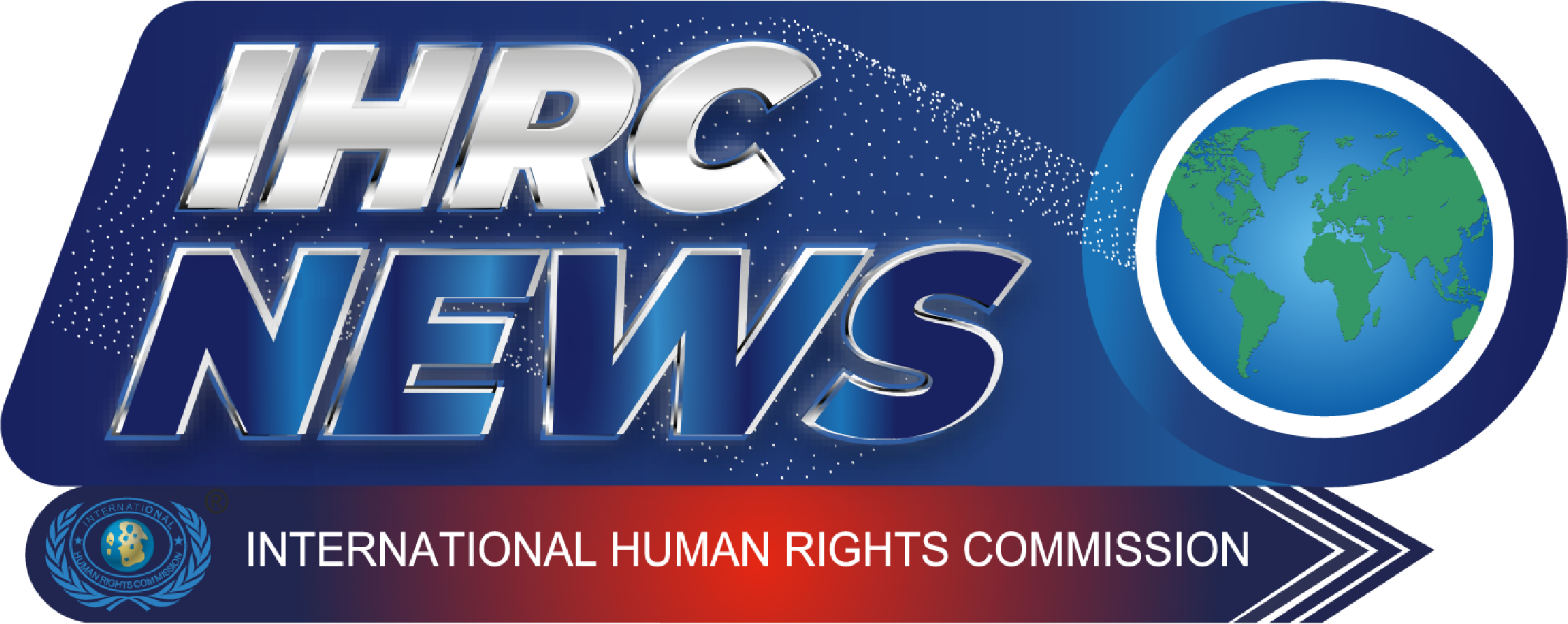


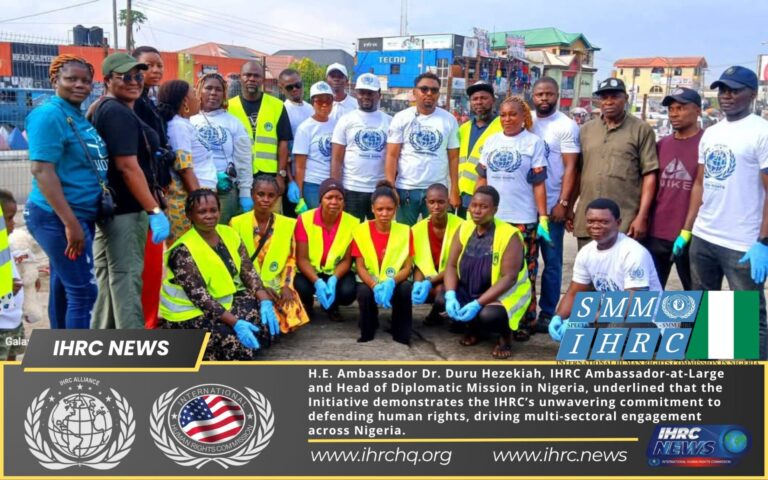
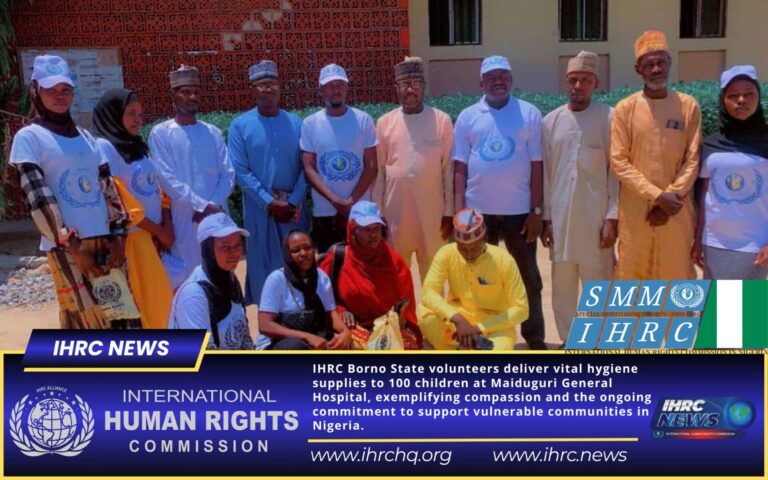


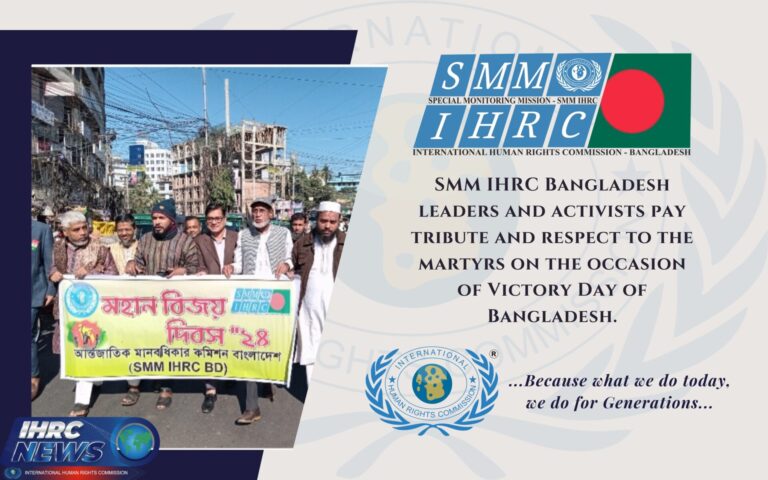
May this journey of rebuilding bring hope and healing to all.”Symbolic wreaths were laid at memorial sites, and participants paid their respects with a moment of silence.
“This is a powerful tribute that highlights both the tragedy and resilience of Irpin. Remembering the victims is essential to honor their memory, and the shared commitment to reconstruction is a testament to the community’s strength and unity. May this journey of rebuilding bring hope and healing to all.”
The first part of the ceremony was dedicated to the memory of innocent victims – children, the elderly, and all residents of these towns who lost their lives during the brutal acts of war. Symbolic wreaths were laid at memorial sites, and participants paid their respects with a moment of silence
(((((((((((((الثقافات ))))))))))))
هو شكل من أشكال الاتصال الذي يهدف إلى مشاركة المعلومات والمعرفة بين الثقافات والمجموعات الثقافية المختلفة. يستخدم مصطلح التواصل بين الثقافات لوصف طائفة واسعة من عمليات الاتصال والمشكلات التي تظهر بشكل طبيعي في التنظيمات التي تتكون من أفراد ينتمون إلى ديانات مختلفة ومجتمعات مختلفة وأعراق مختلفة وخلفيات تعليمية مختلفة. يهدف التواصل بين الثقافات إلى فهم كيفية تصرف الأشخاص المنتمون لدول وثقافات مختلفة مع العالم المحيط بهم وكيفية تواصلهم معه وإدراكهم له. يقول الكثيرون ممن يعملون في مجال الاتصالات التجارية بين الثقافات أن الثقافة تحدد كيف يمكن للأفراد ترميز الرسائل والوسائط التي يختارونها لنقل تلك الرسائل وكيف يفسرونها.
Intercultural communication is a form of communication that aims to share information and knowledge between different cultures and cultural groups. The term intercultural communication is used to describe a wide range of communication processes and problems that naturally arise in organizations made up of individuals from different religions, communities, ethnicities, and educational backgrounds. Intercultural communication aims to understand how people from different countries and cultures relate to, relate to, and perceive the world around them. Many who work in cross-cultural business communication say that culture determines how individuals encode messages, the media they choose to convey those messages, and how they interpret them.
El interculturalismo es una forma de comunicación que tiene como objetivo compartir información y conocimientos entre diferentes culturas y grupos culturales. El término comunicación intercultural se utiliza para describir una amplia gama de procesos y problemas de comunicación que surgen naturalmente en organizaciones compuestas por individuos que pertenecen a diferentes religiones, diferentes comunidades, diferentes etnias y diferentes entornos educativos. La comunicación intercultural tiene como objetivo comprender cómo las personas de diferentes países y culturas interactúan, se comunican y perciben el mundo que los rodea. Muchos de los que trabajan en comunicaciones empresariales interculturales dicen que la cultura determina cómo los individuos codifican los mensajes, los medios que eligen para transmitirlos y cómo los interpretan.